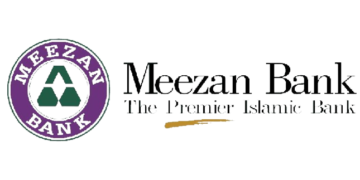Karachi : The Institute of Cost and Management Accountants of Pakistan (ICMA) has released the first issue of ‘ICMA Economic Intelligence’ in which it has endorsed the government’s decision to move towards the full deregulation of Pakistan’s petroleum industry, an initiative being undertaken under the supervision of the Oil and Gas Regulatory Authority (OGRA). The deregulation plan, previously delayed due to concerns regarding its impact on vulnerable populations, will allow Oil Marketing Companies (OMCs) to set petroleum prices independently, ushering in a significant transformation in the industry.
ICMA’s Research and Publications Department conducted a comprehensive analysis of petrol price data spanning 23 months, from November 2022 to September 2024, utilizing Brent oil prices to forecast the likely effects of deregulation on petrol prices. The findings indicate that deregulating Pakistan’s petroleum sector could lead to reduced petroleum prices, ultimately supporting the government’s policy. This reduction could mitigate cost-push inflation, attract new investments, and create job opportunities—key factors that could help stabilize Pakistan’s economy. However, ICMA has identified both the pros and cons of deregulation, emphasizing that the anticipated benefits are contingent on the government implementing specific safeguards during this transition.
Drawing comparisons with global examples, ICMA noted that countries such as the United States, Canada, the United Kingdom, Australia, New Zealand, and Germany have successfully deregulated oil pricing by relying on market forces, while still maintaining regulatory frameworks to ensure fair competition and consumer protection. ICMA highlights the importance of involving key stakeholders—such as OMCs, petroleum dealers, and the Oil Companies Advisory Committee (OCAC)—in developing a comprehensive and effective deregulation policy. Such collaboration is essential for achieving smooth, stable outcomes during this significant transformation.




















